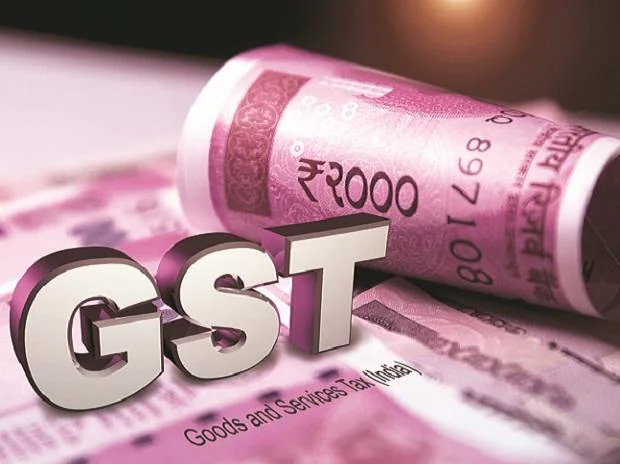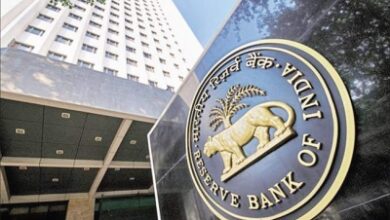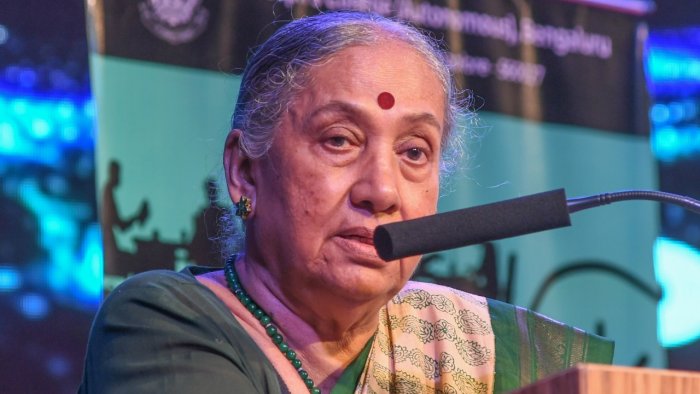
New Delhi, July 18: From July 18, 2022, which is Monday, a number of items including pre-packaged foods are going to see a price hike as the government has decided to put them under the ambit of Goods and Service Tax or GST.
The GST Council in its 47th meeting had unanimously decided to go for a rate hike on several daily bare essential items.
Single packages of food items like cereals, pulses and flour weighing up to 25 kg will be considered as ‘prepackaged and labelled’, and liable to 5% GST from July 18, the tax department has said.
The CBIC (Central Board of Direct Taxes) on Sunday night issued a set of frequently asked questions (FAQs) on GST applicability on ‘pre-packaged and labelled’ goods, just a day before the five per cent GST on such items becomes applicable.
In the context of food items (such as pulses, cereals like rice, wheat, flour etc), the supply of specified pre-packaged food articles would fall within the purview of the definition of ‘pre-packaged commodity’ under the Legal Metrology Act, 2009, if such pre-packaged and labelled packages contained a quantity up to 25 kilogram (or 25 litres).
The board also said that GST would apply on a package that contains multiple retail packages, for example a package containing 10 retail packs of flour of 10 kg each, the CBIC said.
It said for the purpose of GST, pre-packaged commodity would mean a commodity which, without the purchaser being present, is placed in a package of whatever nature, whether sealed or not, so that the product contained therein has a pre-determined quantity. Any such supply which requires declaration under the Legal Metrology act would attract GST, it said further.
Costlier Today Onwards
Pre-packaged and pre-labelled retail pack in terms of Legal Metrology Act, including pre-packed, pre-labelled curd, lassi and butter milk will now attract GST at the rate of 5 per cent, as opposed from their previous exempt status.
Pulses, cereals like rice, wheat, flour and other such items, weighing below 25 kg or 25 litres, will also attract GST at the same rates.
Moreover, hospital room rent (excluding ICU) exceeding Rs 5000 per day per patient will be taxed to the extent of amount charged for the room at 5 per cent without ITC. Previously, this was exempt from Goods ad Service Tax (GST).
The GST Council also decided to bring hotel rooms under Rs 1,000 per day under the 12 per cent GST slab, as opposed to tax exemption category at present.
Other than this, 18 per cent GST will be levied on fee charged by banks for the issue of cheques (loose or in book form), up from the earlier 12 per cent, the GST council has informed.
The prices of LED Lights, fixtures, LED Lamps are set to see a price hike as the GST council has recommended a correction in the inverted duty structure from 12 per cent to 18 per cent.
Cheaper After Revision
IGST on specified defence items imported by private entities/vendors, when end-user is the Defence forces have been exempted from GST. Other than this, transport of goods and passengers via rope-way will get cheaper the GST council has slashed the rates of GST from 18 per cent to 5 per cent.
Renting of goods carriage with operators where the cost of fuel is included in the consideration will attract 12 per cent GST, down from the earlier 18 per cent.
Moreover, GST rates will come down from 12 per cent to 5 per cent on items including splints and other fracture appliances; artificial parts of the body; other appliances which are worn or carried, or implanted in the body, to compensate for a defect or disability; intraocular lens.






